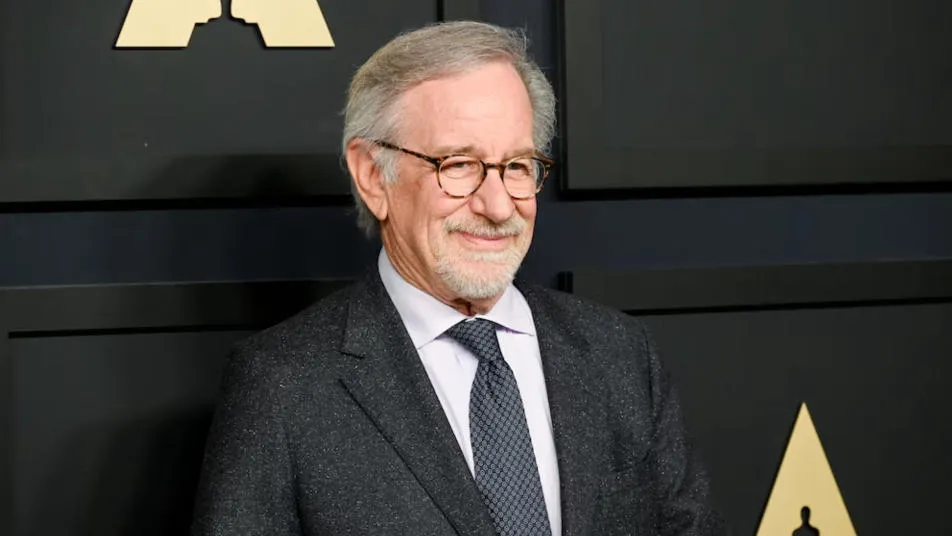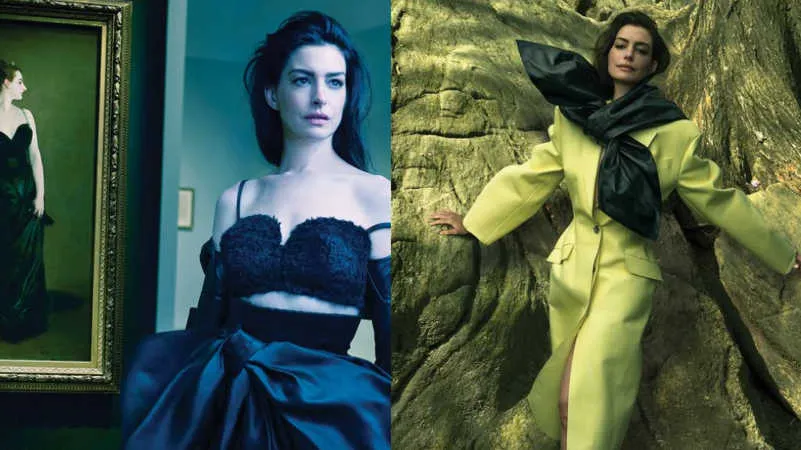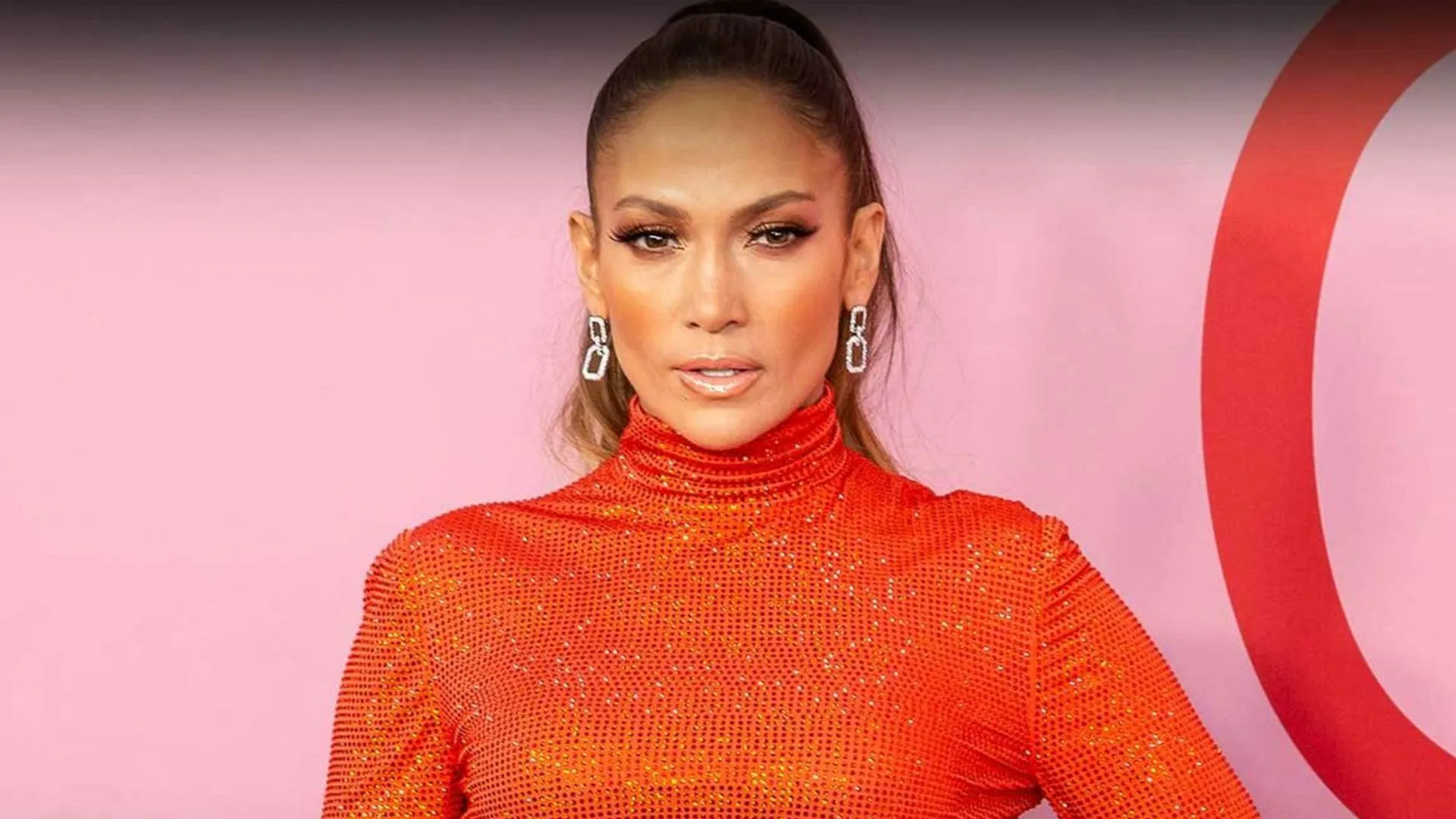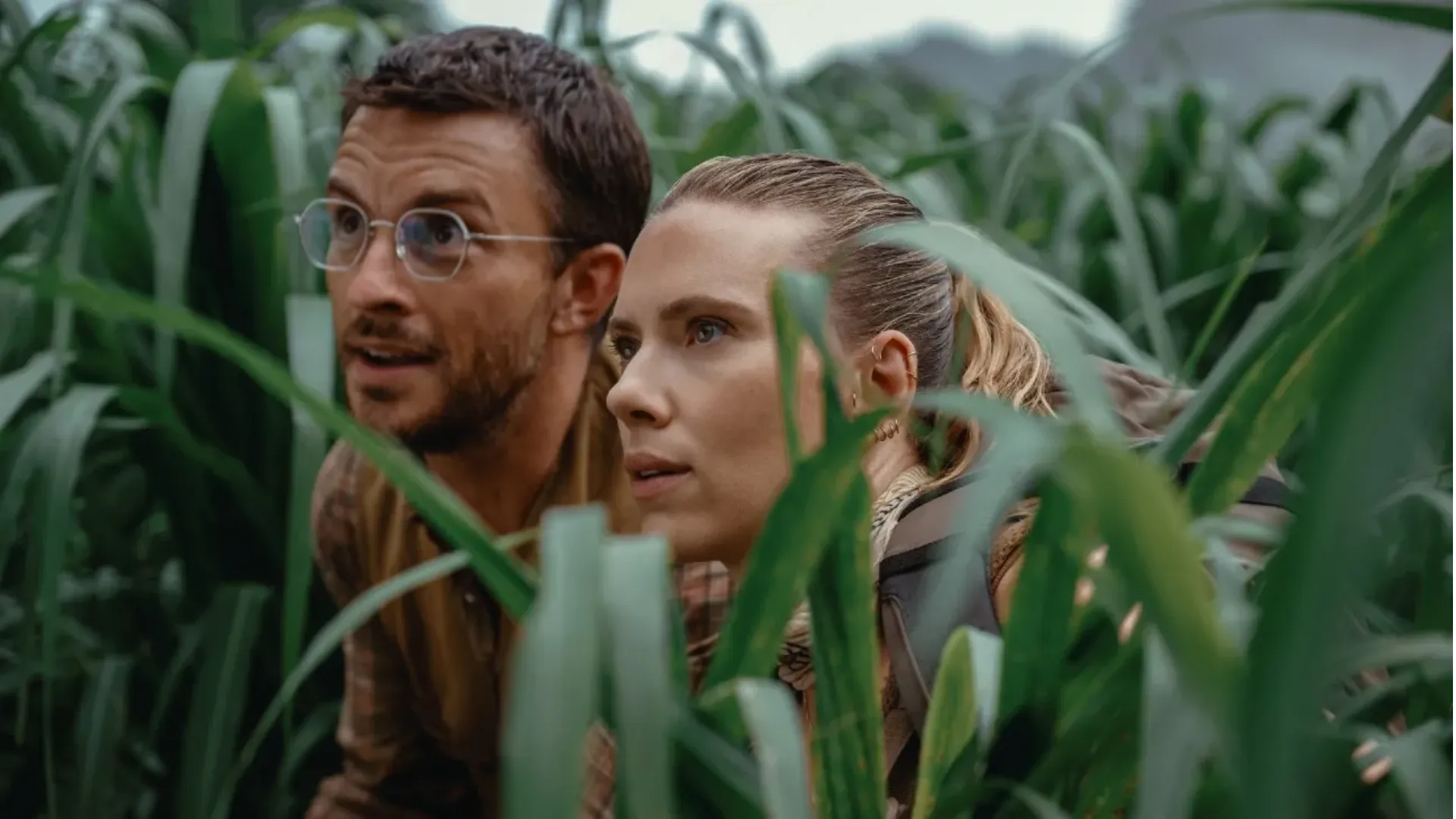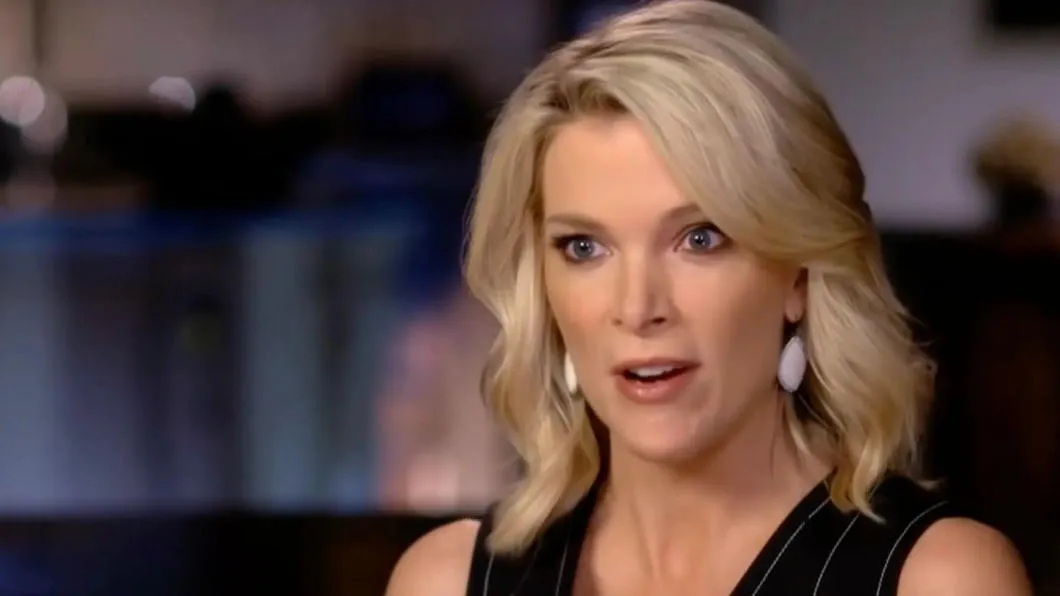Legendary filmmaker Steven Spielberg has made his opinion clear: he doesn’t want artificial intelligence interfering with storytelling. He said he opposes AI in filmmaking because, as he put it, “I don’t want AI making any creative decisions that I can’t make myself.”
Spielberg added that he also refuses to rely on AI in the writing process, explaining, “I don’t want to use AI as a non-human collaborator in trying to work out my creative thinking.”
He made these remarks on Thursday after Universal Studios named a theater after him — the Steven Spielberg Theater — recognizing his decades-long contribution to the studio.
His Journey With Universal Began With a Risk
Spielberg recalled that his journey with Universal began in 1967 when he was just a high school student. He shared that he “hid in the bathroom” during a studio tour and waited for the group to leave so he could explore the lot alone.
Meanwhile, NBCUniversal chairperson Donna Langley said the theater was not only about Spielberg’s legacy but about future creators. She described it as “the place of future hopes and dreams of filmmakers… inspired by Steven.”
His Film on AI Was About Emotion, Not Technology
In 2001, Spielberg released A.I. Artificial Intelligence, a film that wasn’t focused on technology itself, but rather on human emotions. He said it was “a meditation on love, loss and what it means to be human.”
Spielberg clarified that the story wasn’t about modern AI tools, saying, “It wasn’t about artificial intelligence as much as it was about sentient existence.” He asked whether real love was possible between humans and machines, wondering, “Can a mother love a robot child?”
At the time, AI was still developing. The film came out 21 years before ChatGPT and similar platforms.
He Supports AI in Medicine — But Not in Art
Spielberg did say that AI could be helpful — if used responsibly. He acknowledged that AI could support healthcare, saying it “can be a great tool… to help find a cure for cancer and other diseases.”
Still, he drew a personal boundary. He emphasized that the line isn’t fixed, calling it “not a line of cement… just a little bit of line in the sand” so that he can adjust later if needed. For now, though, “I don’t want AI making any creative decisions,” he repeated.
He Saw Technology Replace Talent During Jurassic Park
Spielberg recalled how technology replaced manual craftsmanship when he made Jurassic Park in 1993. Originally, he hired Phil Tippett, a famous stop-motion animator, to bring the dinosaurs to life. However, Dennis Muren from Industrial Light & Magic suggested using CGI instead.
Spielberg admitted that decision had real effects, saying, “That kind of made certain careers somewhat extinct.” As a result, he remains cautious about what AI could do to creative jobs, noting that “I’m very sensitive to things that AI may do to take work away from people.”
No AI on Spielberg Films
Although Spielberg is open to using AI behind the scenes — like in budgeting or planning — he hasn’t used it in his films so far. He stressed, “I don’t want to use it in front of the camera right now,” and then added, “Not quite yet.”

